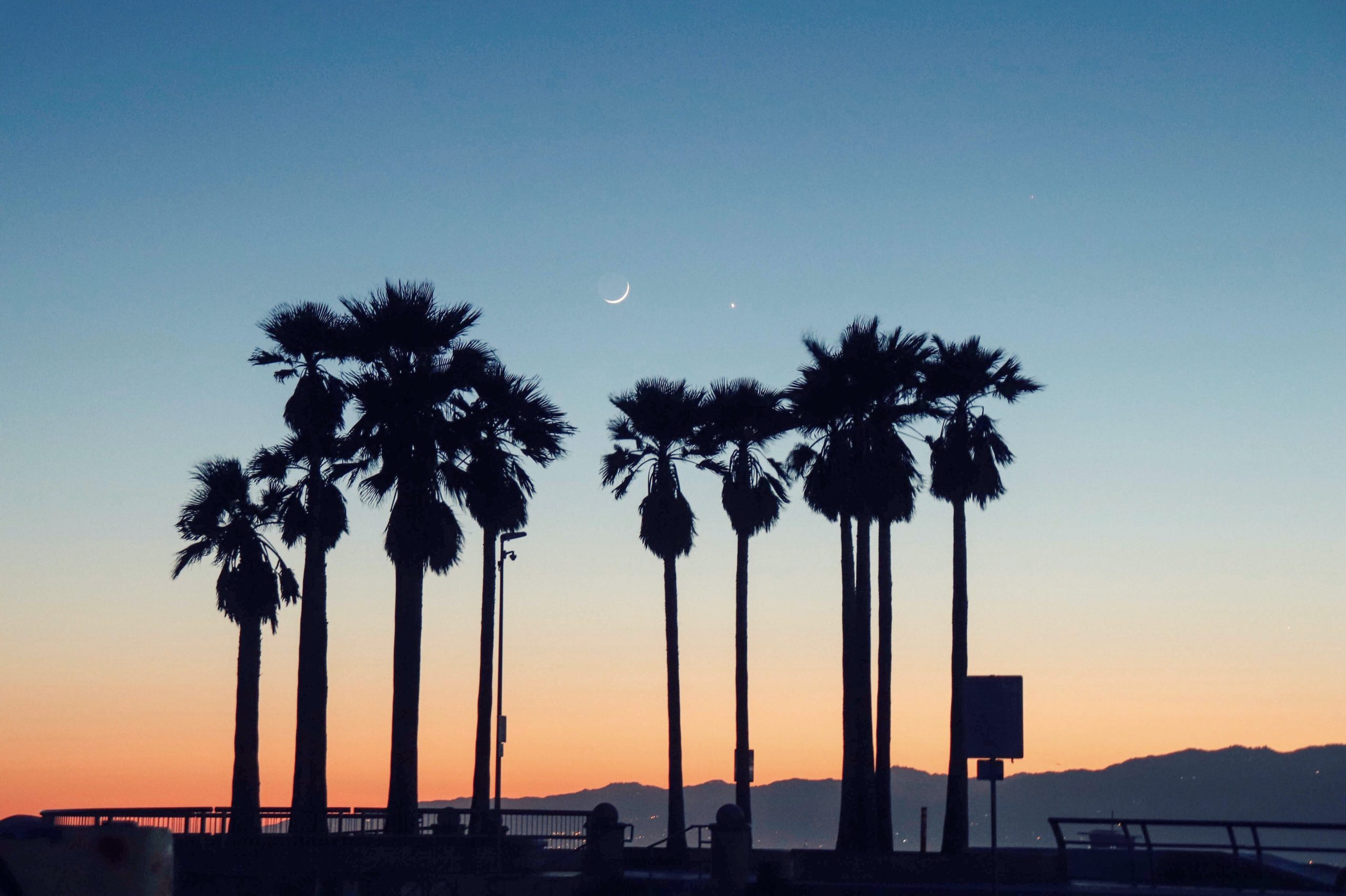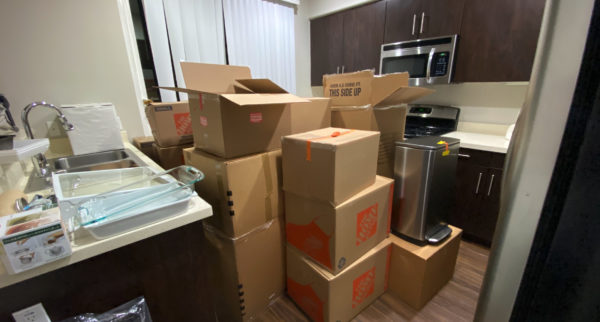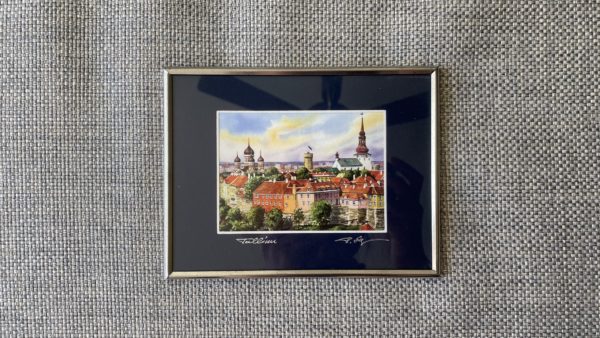3 years ago on July 21, legendary food writer Jonathan Gold passed away.
Way before that, I met him during my stint at the Los Angeles Times’ Test Kitchen. We were doing a croissant tasting in the test kitchen — the Times’ staff’s favorite croissants from all over the greater LA area. Between bites of flaky pastry, I summoned up the courage to say hello to Jonathan. Our exchange was brief, but he invited me to email him to continue the conversation.
Later that day, I sent him that follow-up note and asked for his advice to up-and-coming food writers, and what recommendations he had for how someone could improve their palate.
Here’s what he said, word for word, though I included the book links:
“My suggestions for food writers to read are probably the same as everyone else’s but they’re logical places to start:
The New Yorker trio of Calvin Trillin (Tummy Trilogy), AJ Liebling (Between Meals), and Joseph Mitchell.
MFK Fisher (get the five books bound into one). Joseph Wechsberg (Blue Trout and Truffles). And probably Bill Buford’s ‘Heat.’ You’ll want to read some of the environmental guys like Michael Pollan, Wes Jackson and Wendell Berry, maybe Barry Estabrook.
Cookbooks to be read for style are Richard Olney’s Simple French Cooking (plus as many of the 60s-era Time-Life series as you can get your hands on). Paula Wolfert’s Cooking of Southwest France and Couscous and Other Good Food From Morocco. Judy Rodger’s Zuni Cafe Cookbook. The Chez Panisse book done with Paul Bertolli… so many. Read Harold McGee and try to understand it.”
Jonathan Gold, in an email in 2012
To keep all this info in one place, I compiled Jonathan Gold’s book and author recommendations into this Amazon list.
But the most important lesson I learned from him wasn’t about food.
It was about inclusiveness.
Jonathan Gold was known for not writing negative reviews. If he didn’t like a restaurant, he chose not to call attention to it.
In focusing on the delicious, he amplified tons of small businesses — affordable and/or ethnic restaurants. Especially in lesser known LA towns like the San Gabriel Valley.
In using his influence to shine a light on ethnic cuisine, he normalized the variety.
He didn’t say: “Check out these Chinese restaurants.”
He said: “Go here for incredible food.”
He taught us you don’t need to spend $$$$ on fine dining in order to have an exceptional meal.
You just need an open mind.
And he was proof positive that amplifying the excellence of others — especially those who don’t have a platform — is always better than complaining about what you don’t like.
Featured photo by Viviana Rishe on Unsplash




